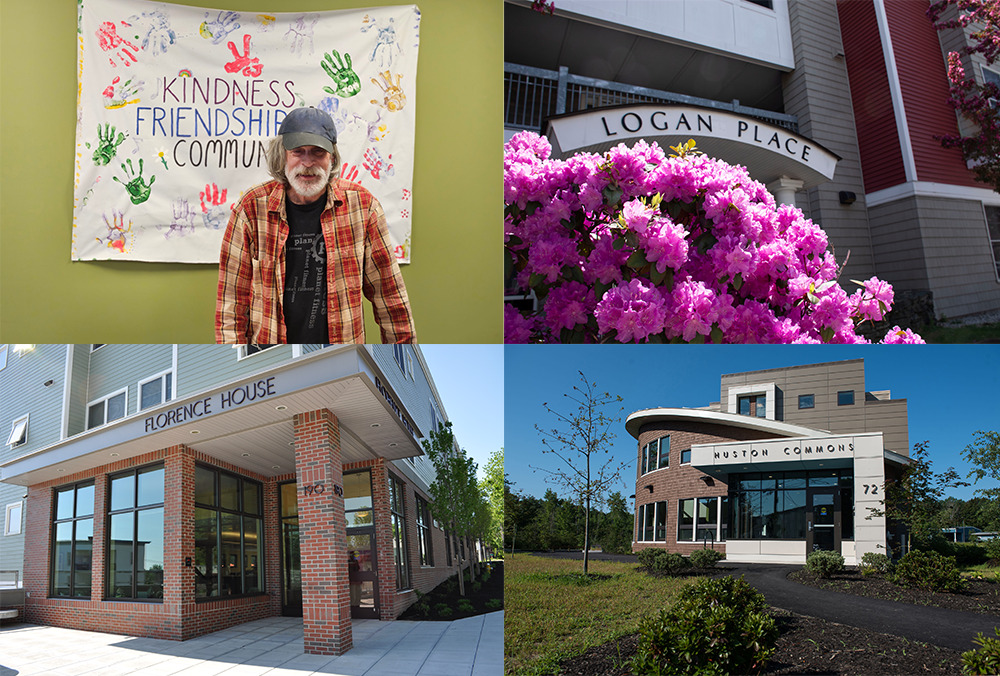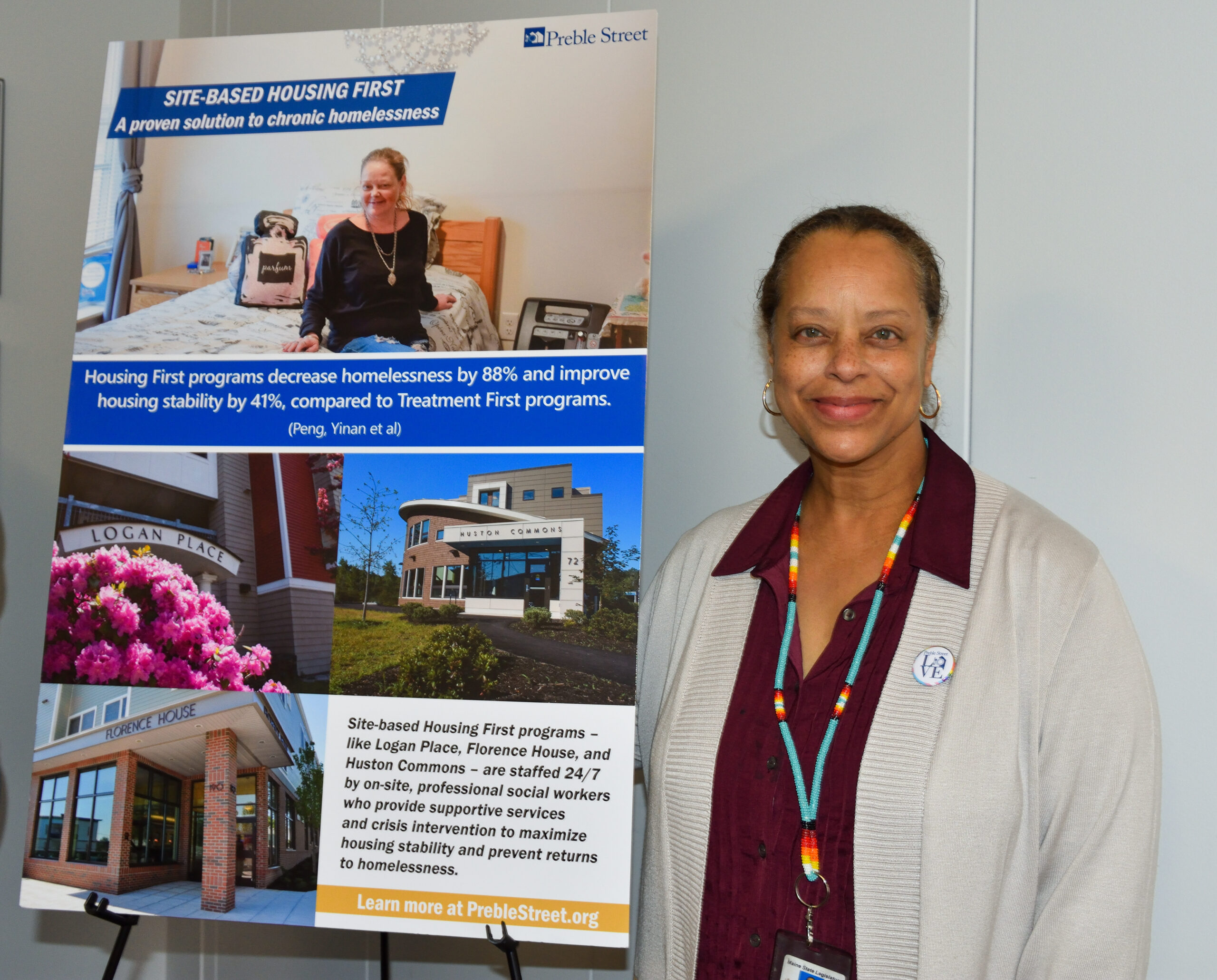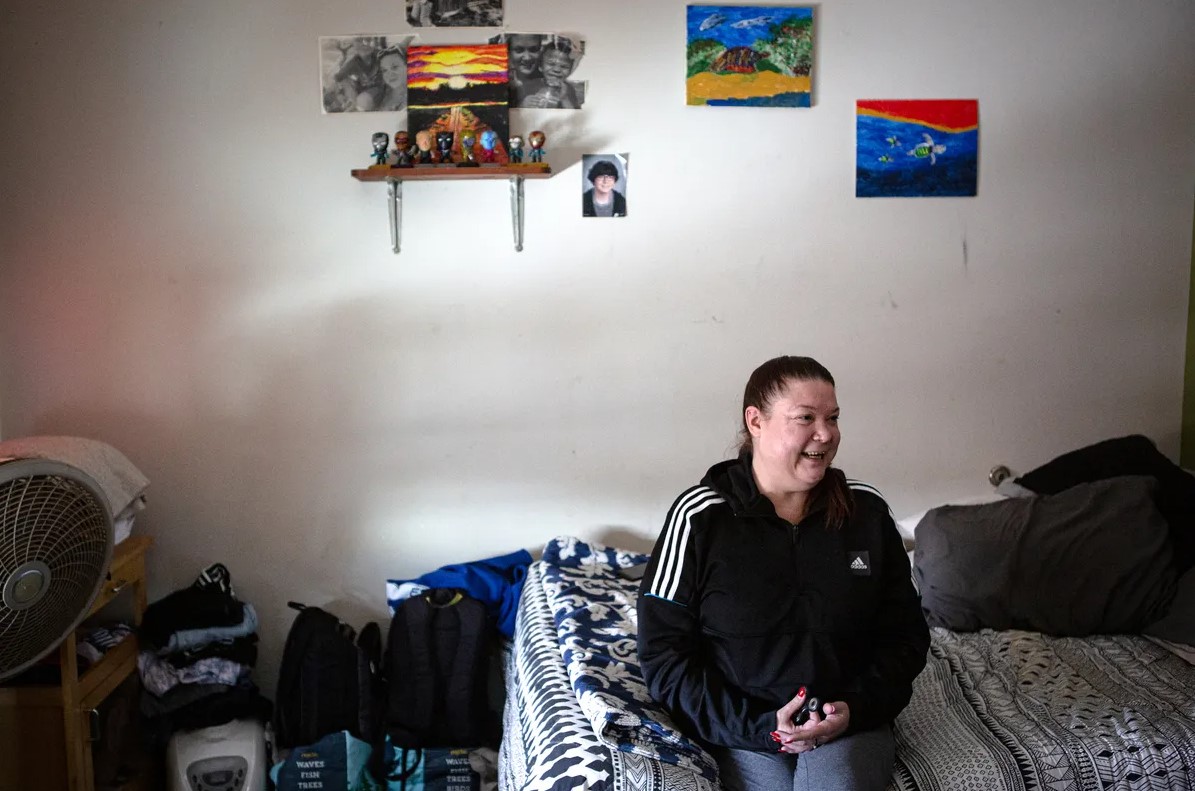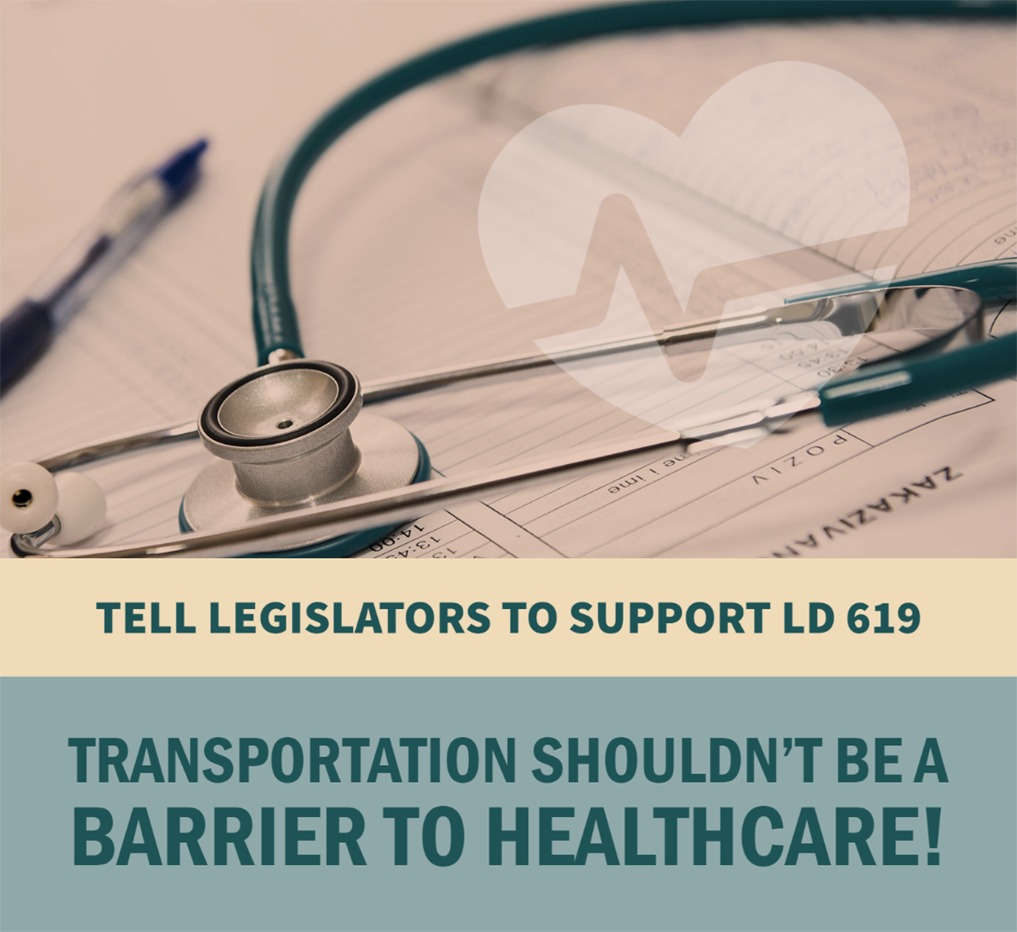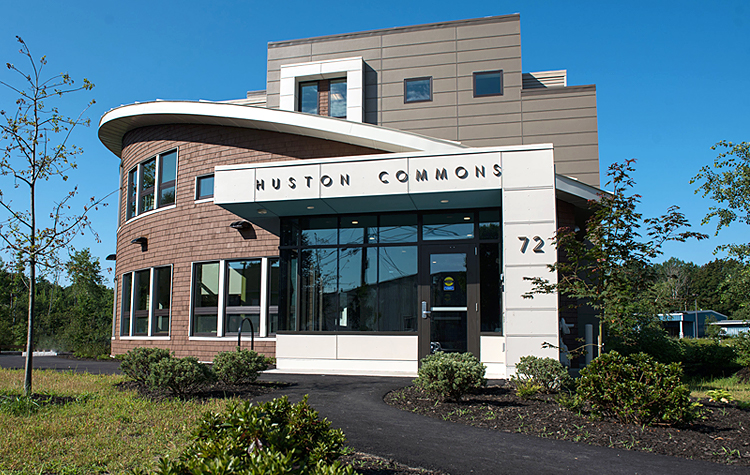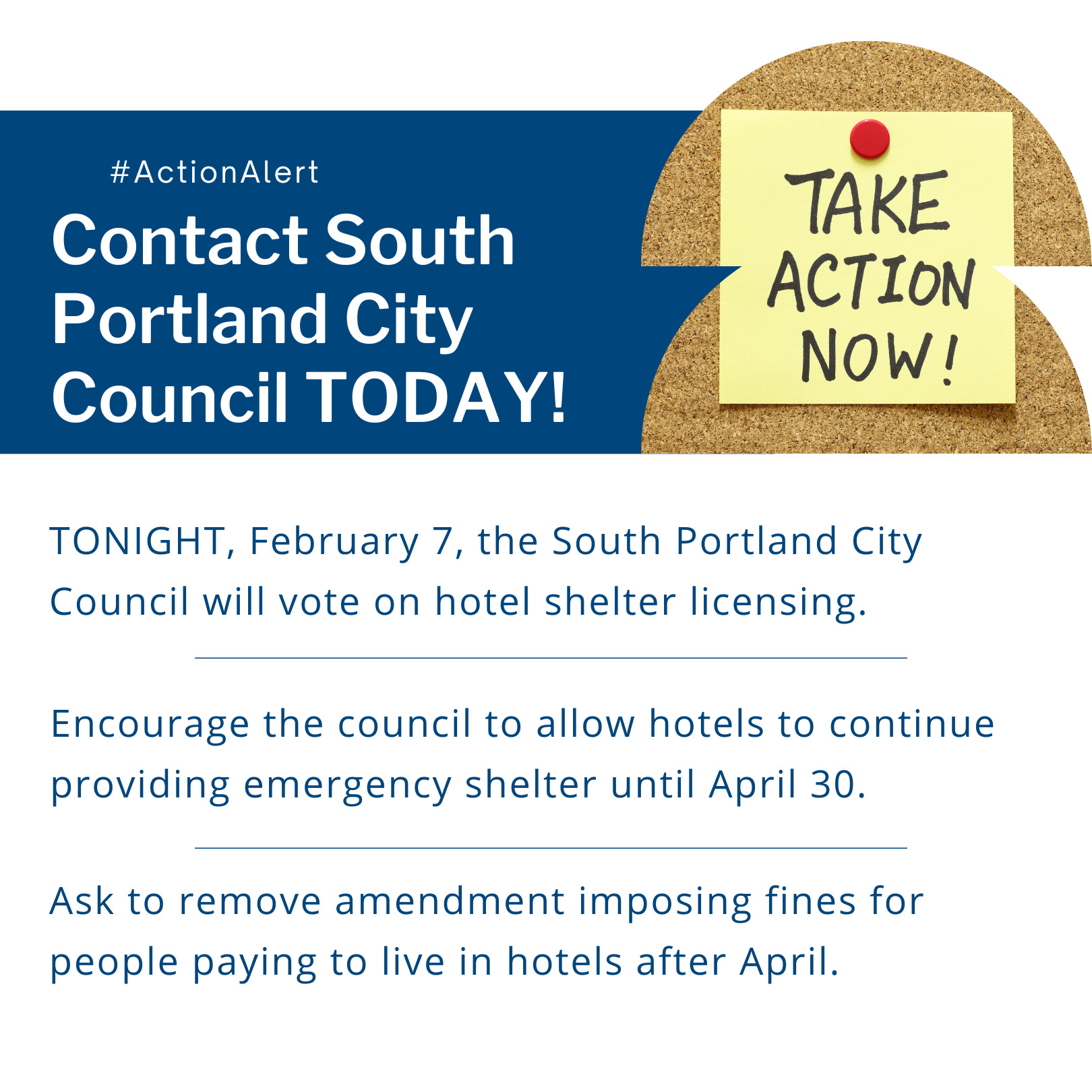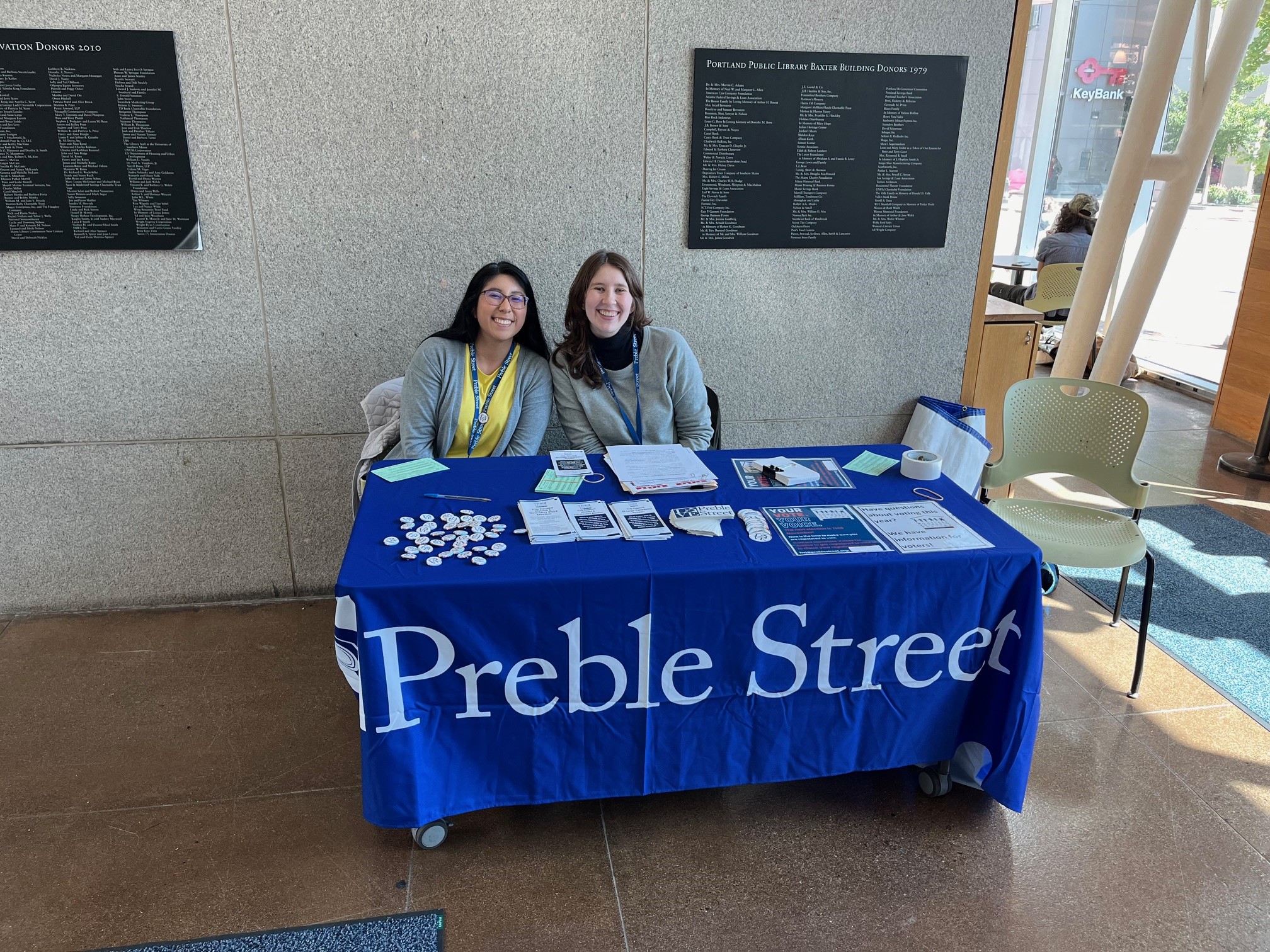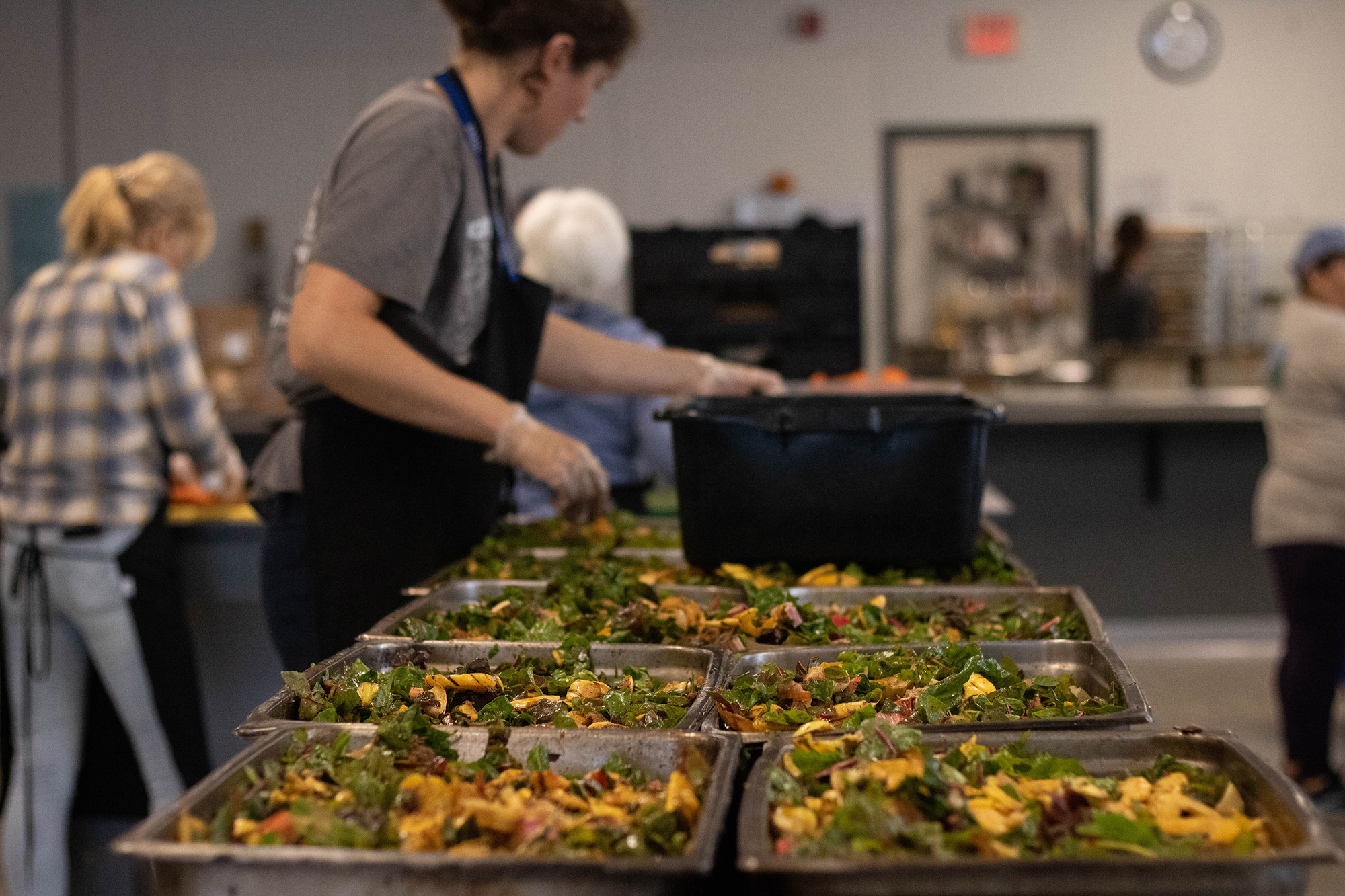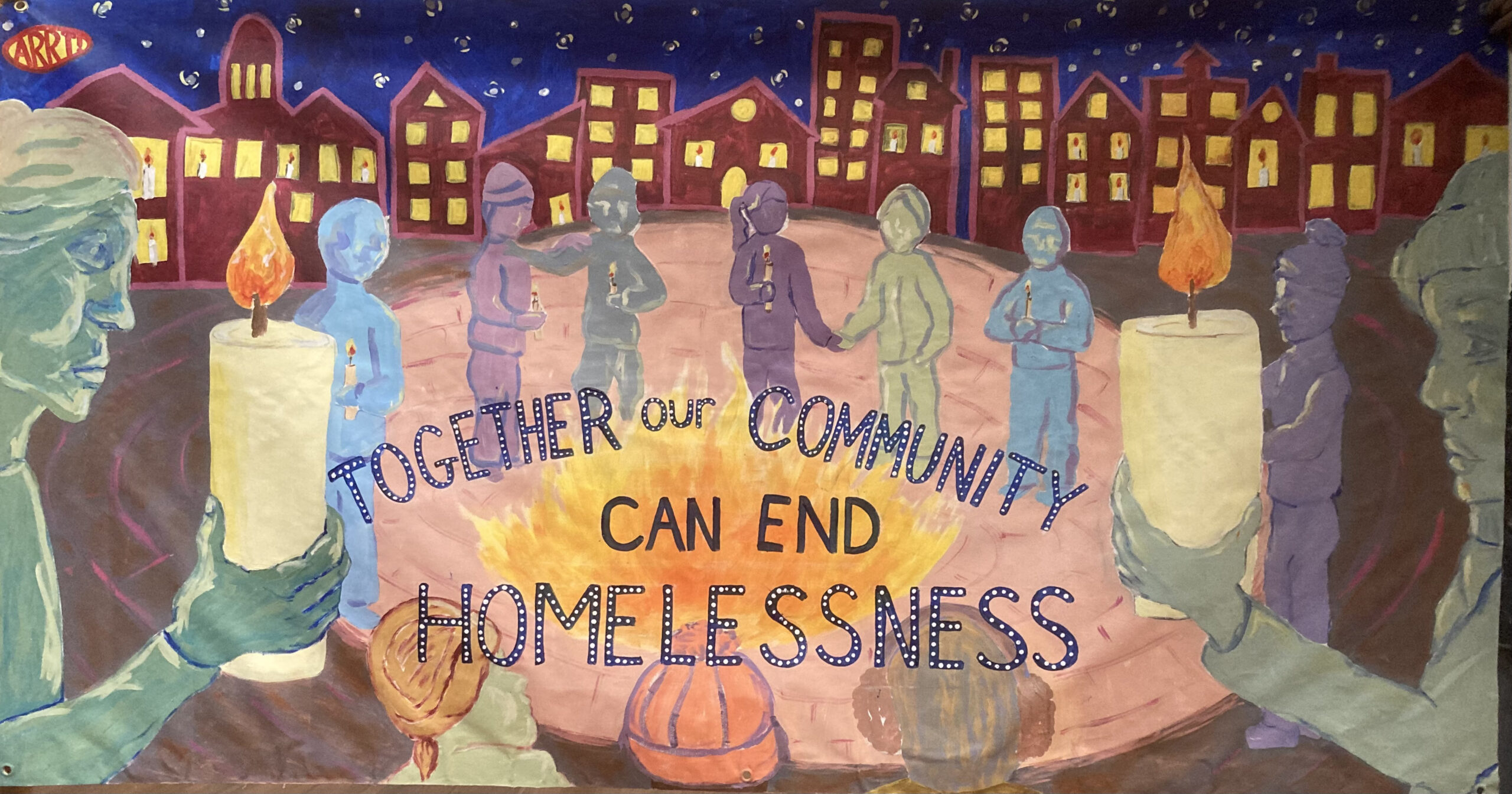TAKE ACTION: Tell legislators to fund Site-based Housing First in Maine!
This coming Tuesday, April 4, the Housing Committee will hold a public hearing on LD 2: An Act to Address Maine’s Housing Crisis. This legislation sponsored by Speaker Rachel Talbot Ross will provide funding for the 24-hour-a-day supportive services that make Site-based Housing First a successful solution for people with complex needs experiencing chronic homelessness. … Read more
